Here are 5 Things to Know About Indian Railways
Table of Contents
Introduction to Indian Railways
Indian Railways is not just a transportation system; it’s a lifeline that weaves the fabric of India together. With a rich history and a future that’s constantly evolving, it plays a crucial role in connecting the people of India. Whether it’s the daily commuter or a tourist seeking to explore the vast landscapes of India, the Indian Railways caters to everyone. In this article, we’ll explore five key facts about Indian Railways that you probably didn’t know, and gain a deeper appreciation of this enormous network.
A Brief History
The First Train Journey
The story of Indian Railways began on April 16, 1853, when the first passenger train ran from Bombay (now Mumbai) to Thane, covering a distance of 34 kilometers. This humble beginning was the start of something revolutionary in India’s transportation history.
Growth Over the Years
Over the next century and a half, Indian Railways expanded exponentially. From its inception, the network has grown to connect not just major cities but also remote towns and rural areas, becoming one of the largest rail networks in the world.
Role in India’s Transportation System
Indian Railways forms the backbone of India’s transport system. It connects the length and breadth of the country, making it one of the most reliable and affordable modes of transportation for millions of people. It also plays a critical role in the movement of goods, supporting industries and agriculture alike.
Fact 1: Indian Railways is One of the Largest Rail Networks in the World
Size and Scope
The vastness of Indian Railways is truly astonishing. It spans over 67,000 kilometers of track, with more than 7,300 stations scattered across the country.
Number of Trains and Stations
Indian Railways operates more than 20,000 trains daily, which includes passenger, freight, and special trains. There’s hardly a region in India that is not touched by the expansive network of Indian Railways.
Daily Passenger and Cargo Volume
Approximately 23 million passengers use the Indian Railways daily, and over 3 million tons of freight are transported. This makes Indian Railways not only one of the largest, but also one of the busiest rail networks in the world.
Regional Connectivity
Indian Railways plays an integral role in connecting every part of the country—from the northernmost points of Jammu and Kashmir to the southern tip of Kanyakumari, and from Gujarat in the west to Assam in the east.
North to South, East to West
With such expansive connectivity, the rail network serves as the lifeblood of India, bringing people together and supporting commerce across all regions.
Fact 2: Indian Railways is One of the Largest Employers
Employment Statistics
Indian Railways is the largest employer in India and the eighth-largest in the world, with over 1.2 million employees.
Types of Jobs Offered
The job opportunities range from engineers, drivers, and station masters to clerical staff, maintenance workers, and hospitality providers on luxury trains.
The Social and Economic Impact
The impact of Indian Railways on the economy is immense. It supports industries, aids in the transportation of goods, and provides direct employment to millions of people, contributing significantly to India’s GDP.
Fact 3: Unique Trains and Services
Luxury Trains
Indian Railways offers more than just basic transport. For those seeking an exclusive experience, there are luxury trains that provide world-class services while showcasing India’s rich cultural heritage.
The Palace on Wheels
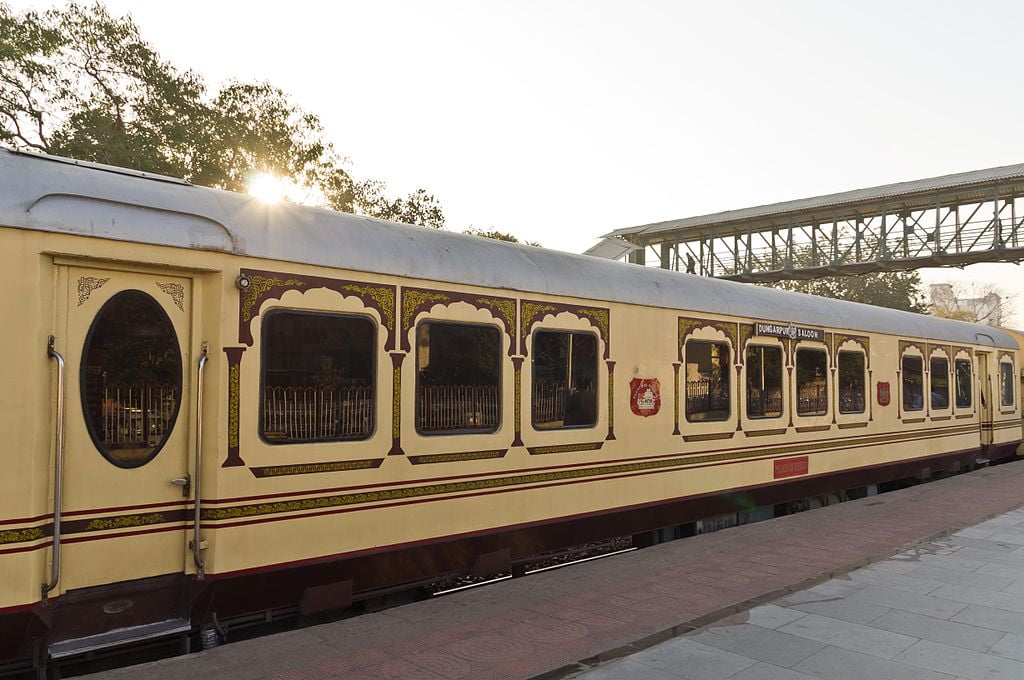

One of the most famous luxury trains, the Palace on Wheels, offers a royal experience as it travels through the state of Rajasthan, giving passengers a glimpse into the opulent lifestyle of Indian royalty.
Maharajas’ Express
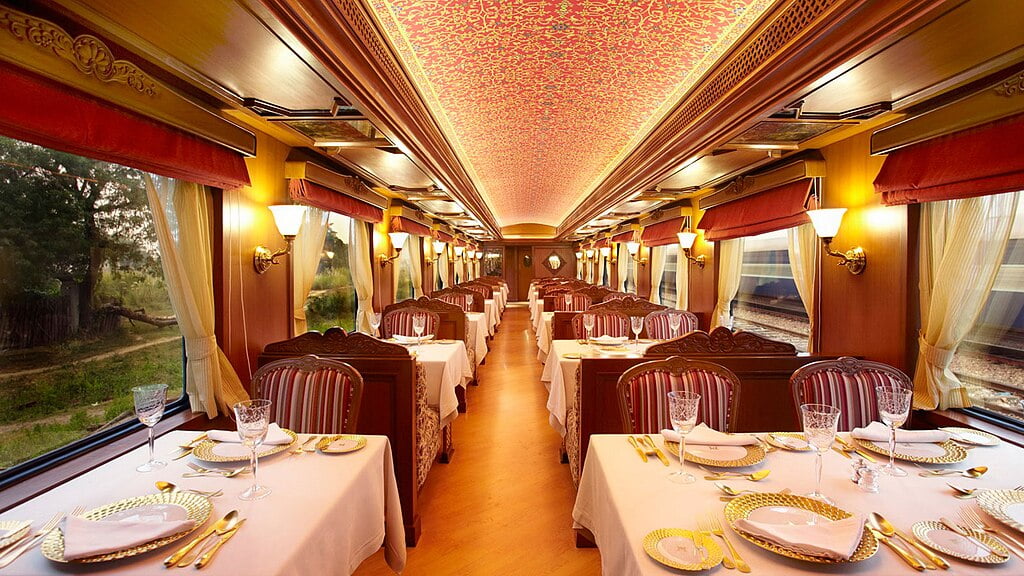
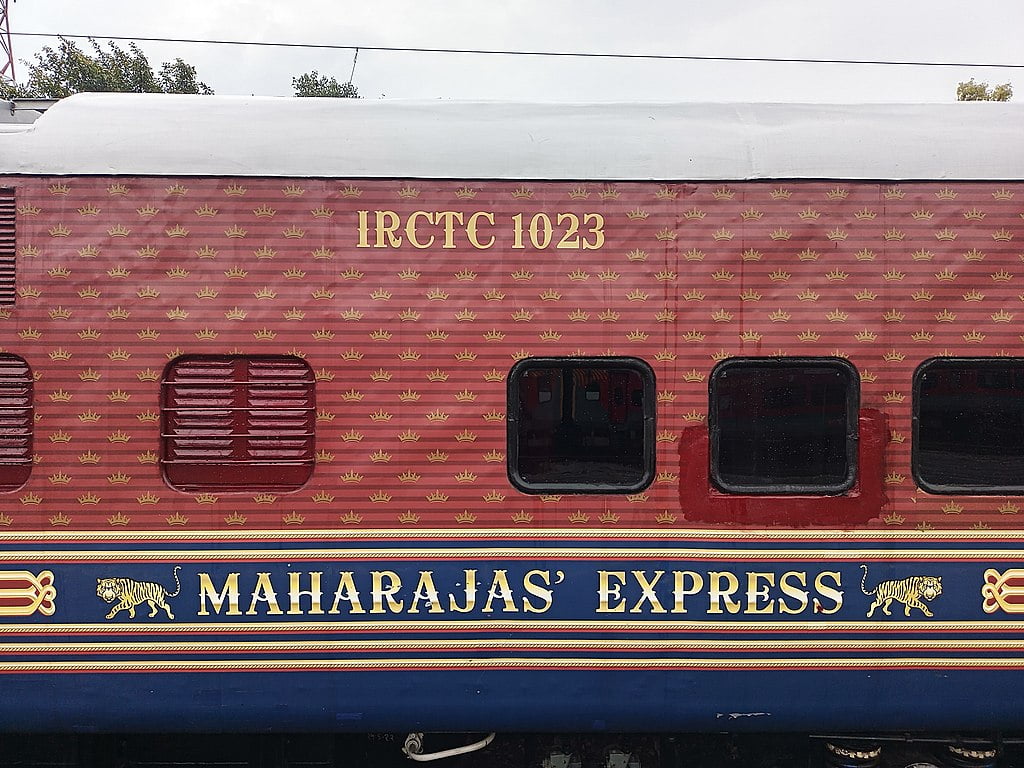
The Maharajas’ Express, another premium offering, is known for its exquisite décor and luxurious services. It covers various tourist circuits, catering to international and high-end domestic travelers.
Special Tourist Routes
Apart from luxury, Indian Railways also offers scenic tourist routes that pass through breathtaking landscapes.
Scenic Journeys
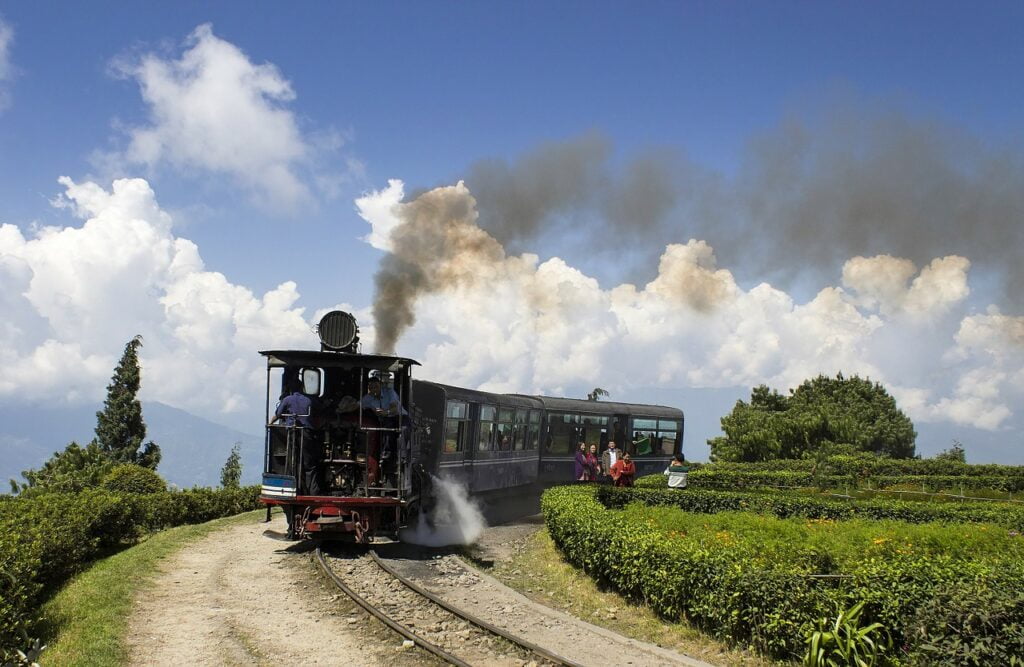
The Darjeeling Himalayan Railway, a UNESCO World Heritage Site, is a prime example. It offers spectacular views of the Himalayan mountains, making it a popular route for both domestic and international tourists.
Fact 4: Technological Advancements
High-Speed Trains
Indian Railways is moving towards modernizing its fleet, and the introduction of high-speed trains is a key part of this transformation.
Introduction of Vande Bharat Express
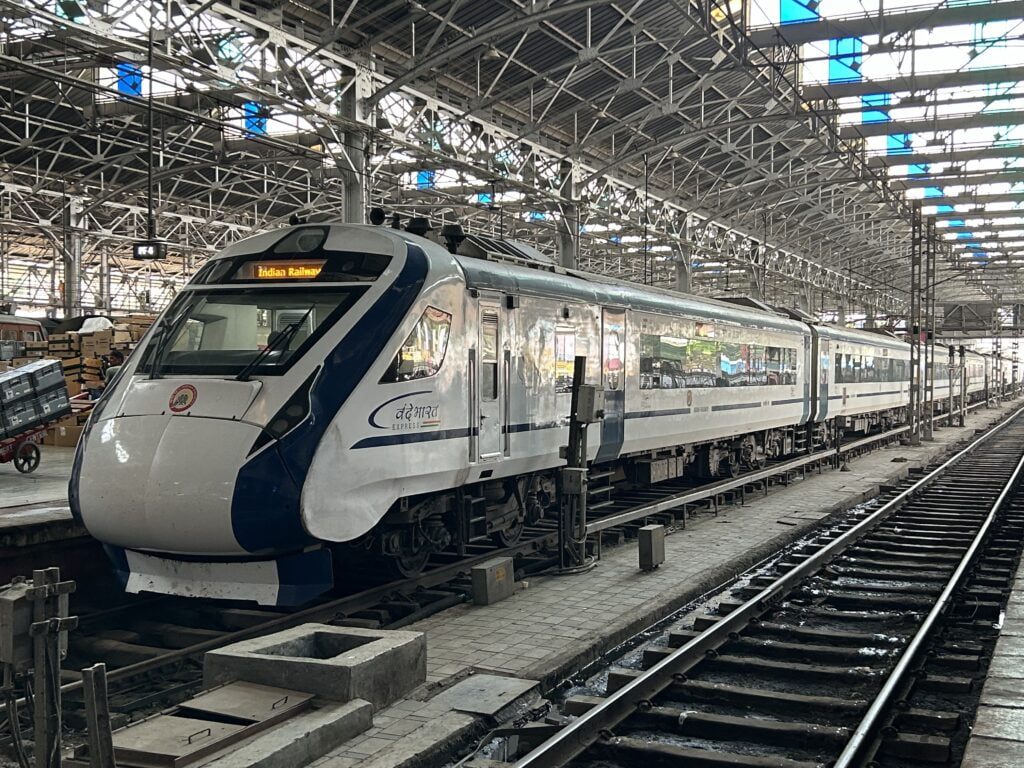
The Vande Bharat Express, also known as Train 18, is a semi-high-speed train that reduces travel time significantly on select routes, offering passengers a faster and more comfortable journey.
Online Ticketing System
The Indian Railways Catering and Tourism Corporation (IRCTC) has revolutionized the way people book train tickets.
IRCTC
The introduction of online ticket booking through IRCTC has made it much easier for passengers to plan their journeys, reducing the hassle of standing in long queues.
Fact 5: Challenges and Future Prospects
Infrastructure Issues
While Indian Railways has made tremendous progress, it still faces challenges, especially concerning infrastructure. Aging tracks and congestion on busy routes often result in delays.
Future Expansion Plans
Despite these challenges, Indian Railways is looking ahead with ambitious plans for expansion and modernization.
Electrification and Green Energy
One of the key goals is full electrification of the railway network, reducing the carbon footprint and making the system more environmentally sustainable.
Modernization Projects
Projects such as the bullet train initiative between Mumbai and Ahmedabad aim to bring Indian Railways on par with global standards of high-speed rail travel.
Conclusion
Indian Railways is more than just a mode of transportation; it’s a symbol of unity and progress. Its vast network, rich history, and continued growth make it a crucial part of India’s identity. With plans for modernization and expansion, Indian Railways is poised to meet the demands of the future while continuing to serve as a pillar of India’s infrastructure.
FAQs
How many people travel by Indian Railways daily?
Approximately 23 million people travel by Indian Railways every day.
What is the longest train route in India?
The Vivek Express covers the longest distance, traveling from Dibrugarh in Assam to Kanyakumari in Tamil Nadu, covering over 4,200 kilometers.
How can one book tickets on Indian Railways?
Tickets can be booked online via the IRCTC website or mobile app, as well as through ticket counters at railway stations. alternatively, if you’re a foreigner travelling within India you can contact me for train ticket booking.
Which is the fastest train in India?
The Vande Bharat Express is currently the fastest train in India, with speeds up to 180 km/h.
What are the upcoming projects for Indian Railways?
Indian Railways is working on several projects, including the introduction of bullet trains, electrification of routes, and modernization of stations.
I hope you are having a wonderful day! I have a small favour to ask. I’m aiming to rank in the top 10 on Google search results, and I can’t do it without your amazing support. Could you please share this post on social media with your friends and leave some feedback? Your positive reviews would mean the world to me and help me achieve my goal. Additionally, please bookmark my blog for easy access in the future.
Thank you so much for your kindness and support!
Warm regards





